As malnutrition looms over Lagos, civil society, traditional rulers, and faith leaders unite in a campaign to promote fortified, branded oils for healthier families.
By Bunmi Yekini
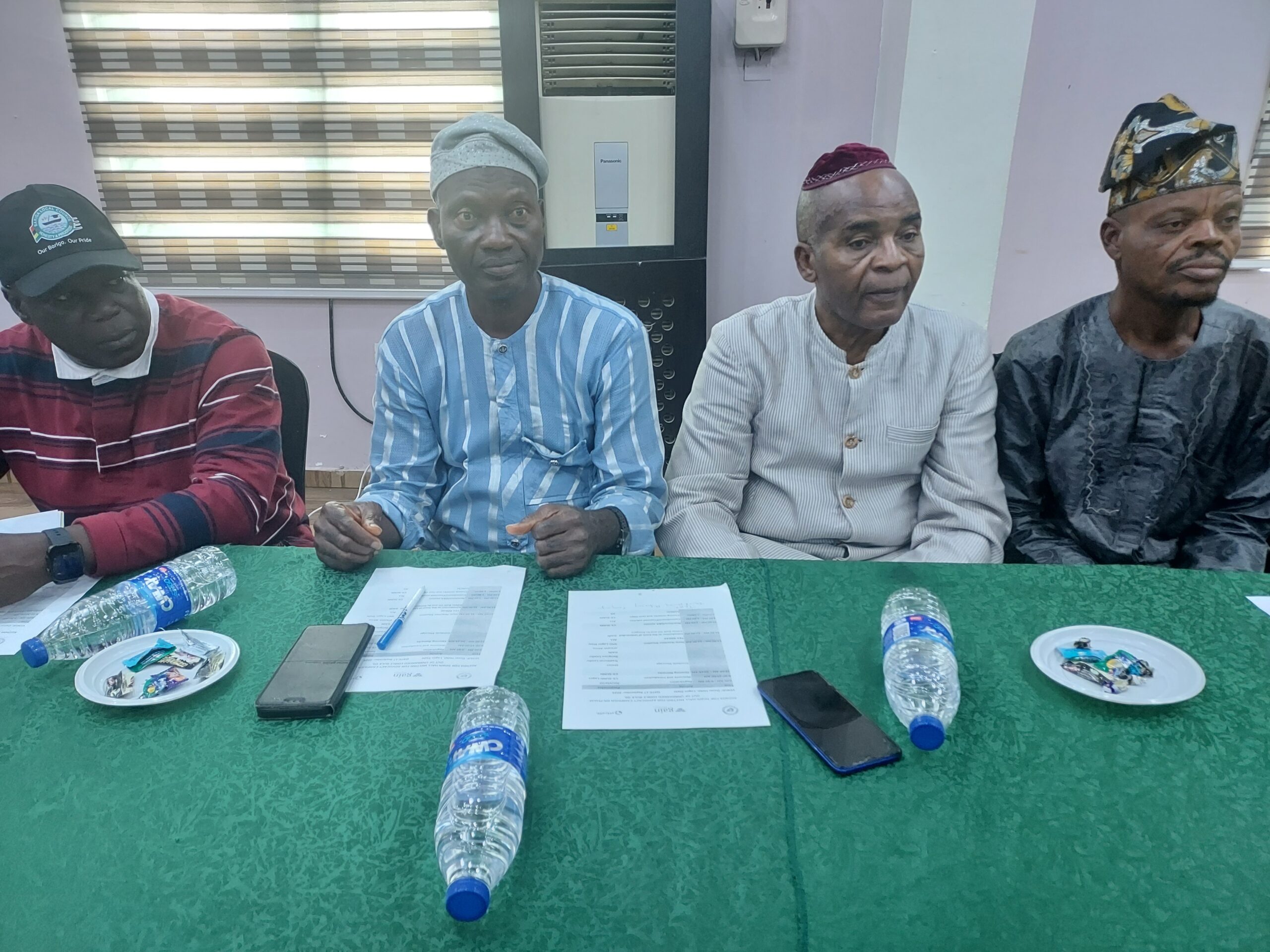
For years, unbranded and unfortified cooking oils have quietly found their way into kitchens and street food joints, fueling health risks and undermining national nutrition targets so when the Civil Society Scaling Up Nutrition in Nigeria (CS-SUNN) convened a small but powerful gathering packed with civic society actors, community and religious leaders whose voices carry weight at the grassroots on the second day of its regional workshop, it was to tackle the silent dangers of unbranded and unfortified edible oils in Lagos.
Backed by eHealth Africa and the Global Alliance for Improved Nutrition (GAIN), the day two of the workshop also spotlighted the dangers of consuming unbranded oils, while also equipping leaders to take the campaign back into their communities. The stakes are high: malnutrition remains a pressing public health challenge in Lagos, affecting millions of women and children.
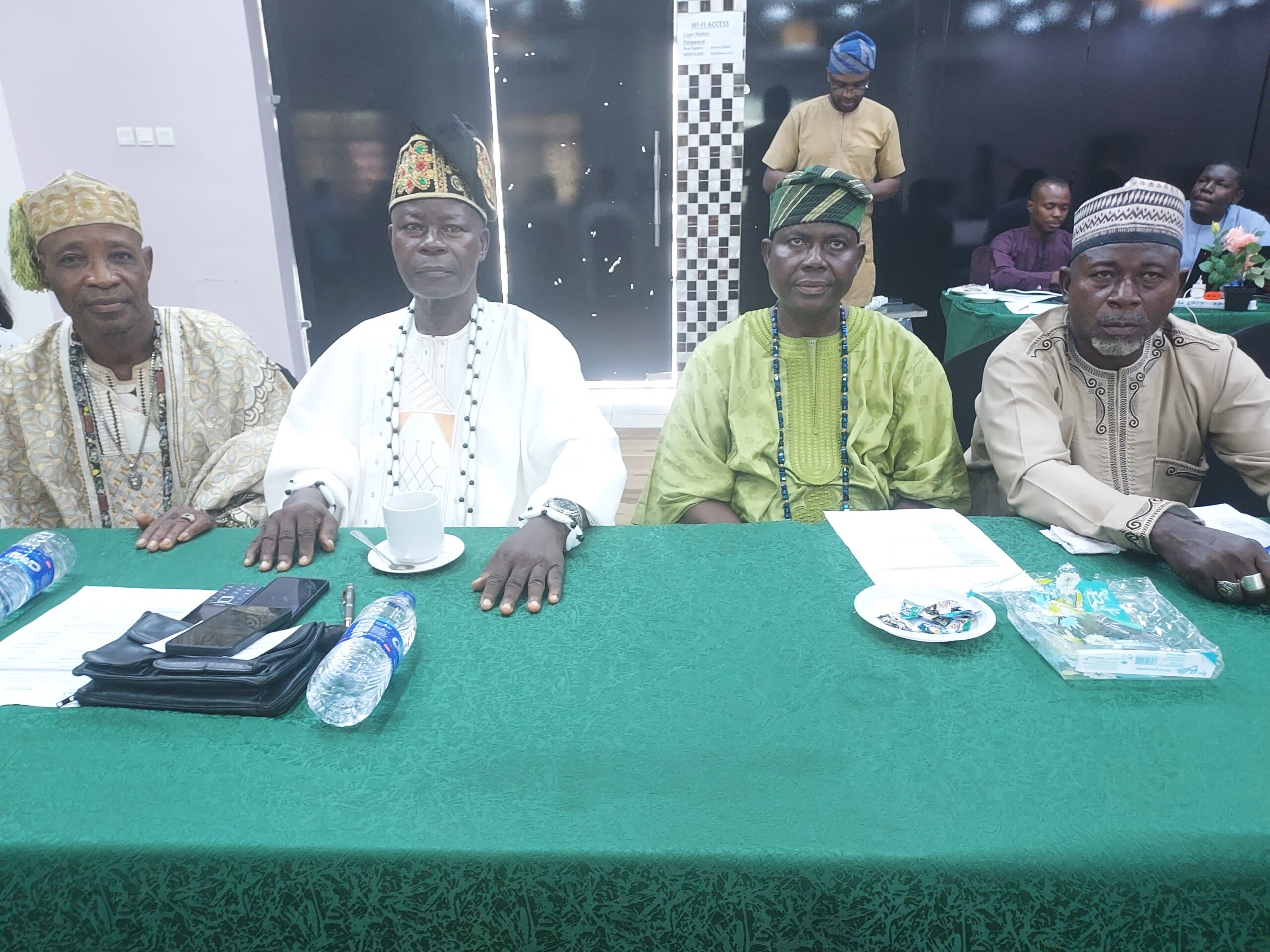
According to figures presented by Lagos State Nutrition Officer, Mrs Taiwo Fadairo, represented by Mojibolanle Belo, 49.5% of women aged 15-49 are anaemic, while stunting among children under five has jumped from 8.9% in 2011 to 39.4% in 2022. “Investing in nutrition is crucial for improving the status of vulnerable groups and combating malnutrition,” Belo said, noting that funding gaps and inadequate staffing continue to undermine progress.
For CS-SUNN, the phase-out of unbranded oils is one concrete step to reverse these trends. Day 2 of the workshop underscored the role of local influencers, community, traditional and religious leaders, and Civil Society Organisations, in turning policy into practice.
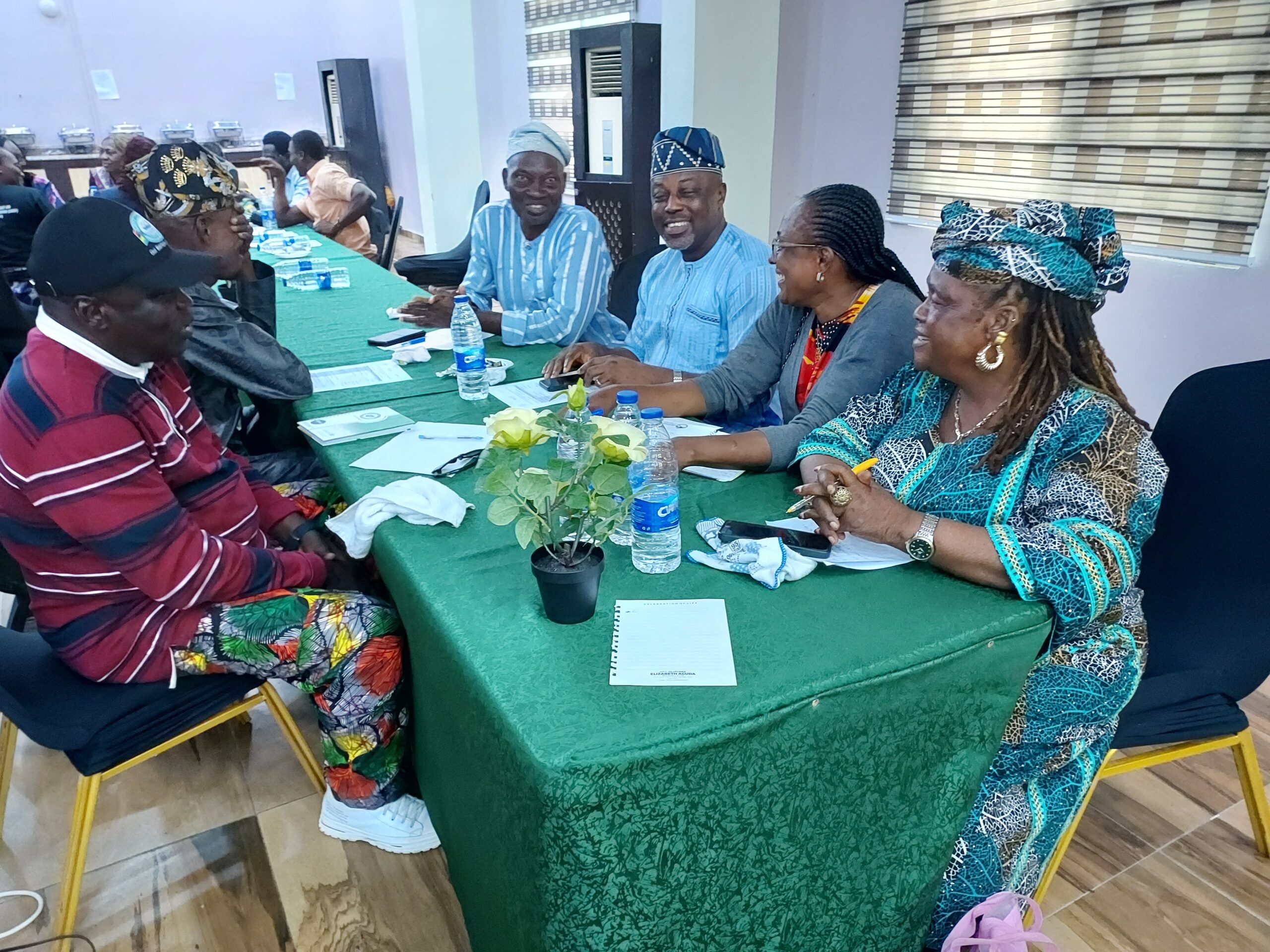
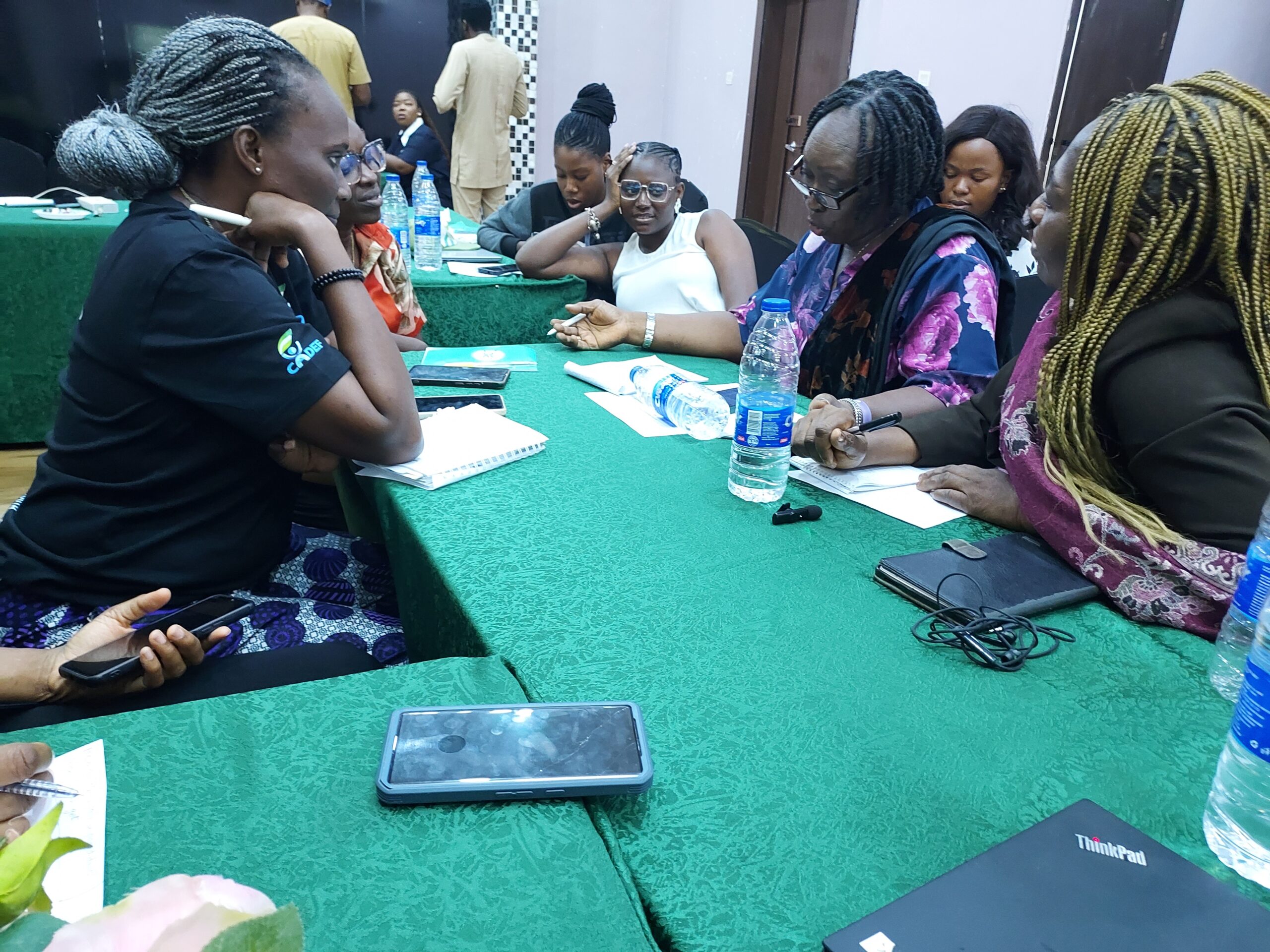
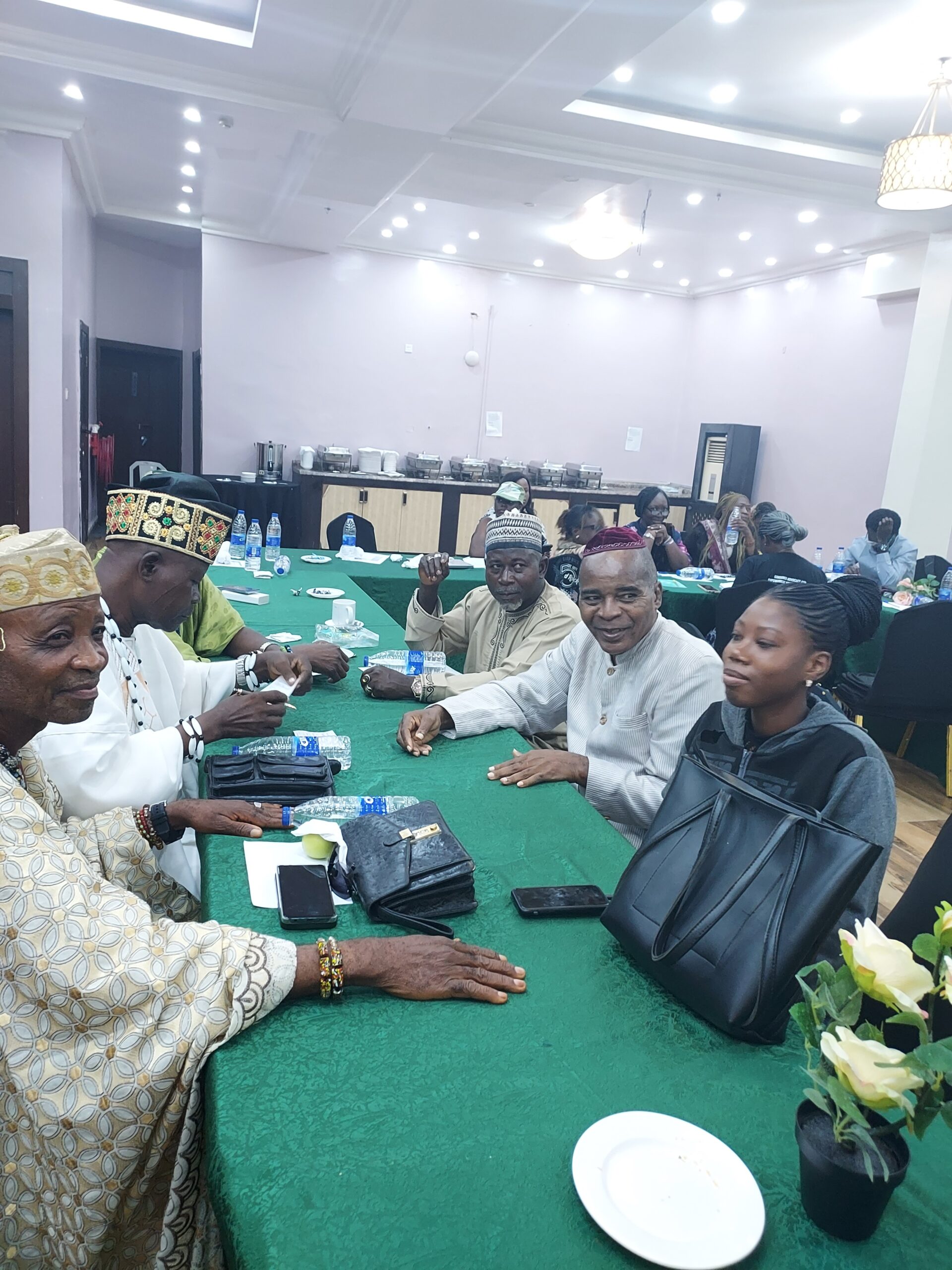
“With my experience, and from this programme today, I will relay it to my community,” said Mr Lawal Bolanle Jamiu, a community leader from Ajeromi-Ifelodun. “Any programme I attend like this one, I usually go to the Community Development Committee (CDC), office and relay it. They will now invite me to their next meeting. That is how I communicate. This is how the message will spread.”
For many participants, the workshop was not just about statistics, but about real-life health concerns. Alhaja Musiliat Olaseni, Chairperson of Dopemu, Agege Community Development Association (CDA), admitted that she had once relied on unbranded oils:
“When you pour it into the frying pan, the smell alone tells you it’s not good oil. Some are so red, as if colouring was mixed in. Others have a slimming texture. With what I’ve heard today, I will ensure people know the dangers. It is only God who has been protecting us.”
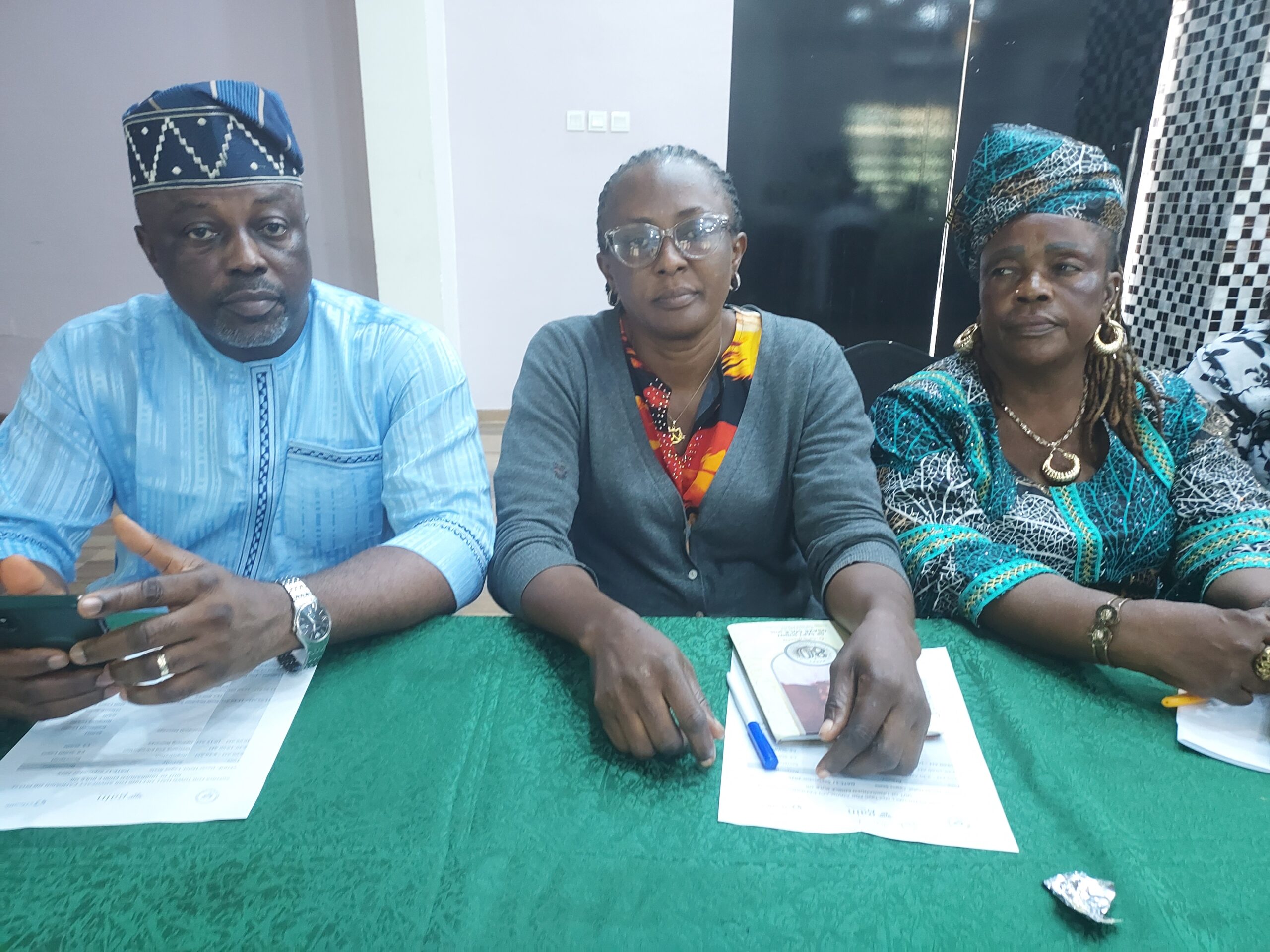
The conversation also highlighted the role of religious leaders, who wield enormous influence across communities. Bishop Godstime Ikumapayi of the Christian Association of Nigeria said he left the session more determined to drive advocacy:
“To eat unbranded oil is a terrible thing. It may seem cheap, but the health costs are much higher. My role is to bring advocacy to churches, to tell the people it’s not good to indulge in eating this oil. Information is vital, if one is not informed, the person will be deformed.”
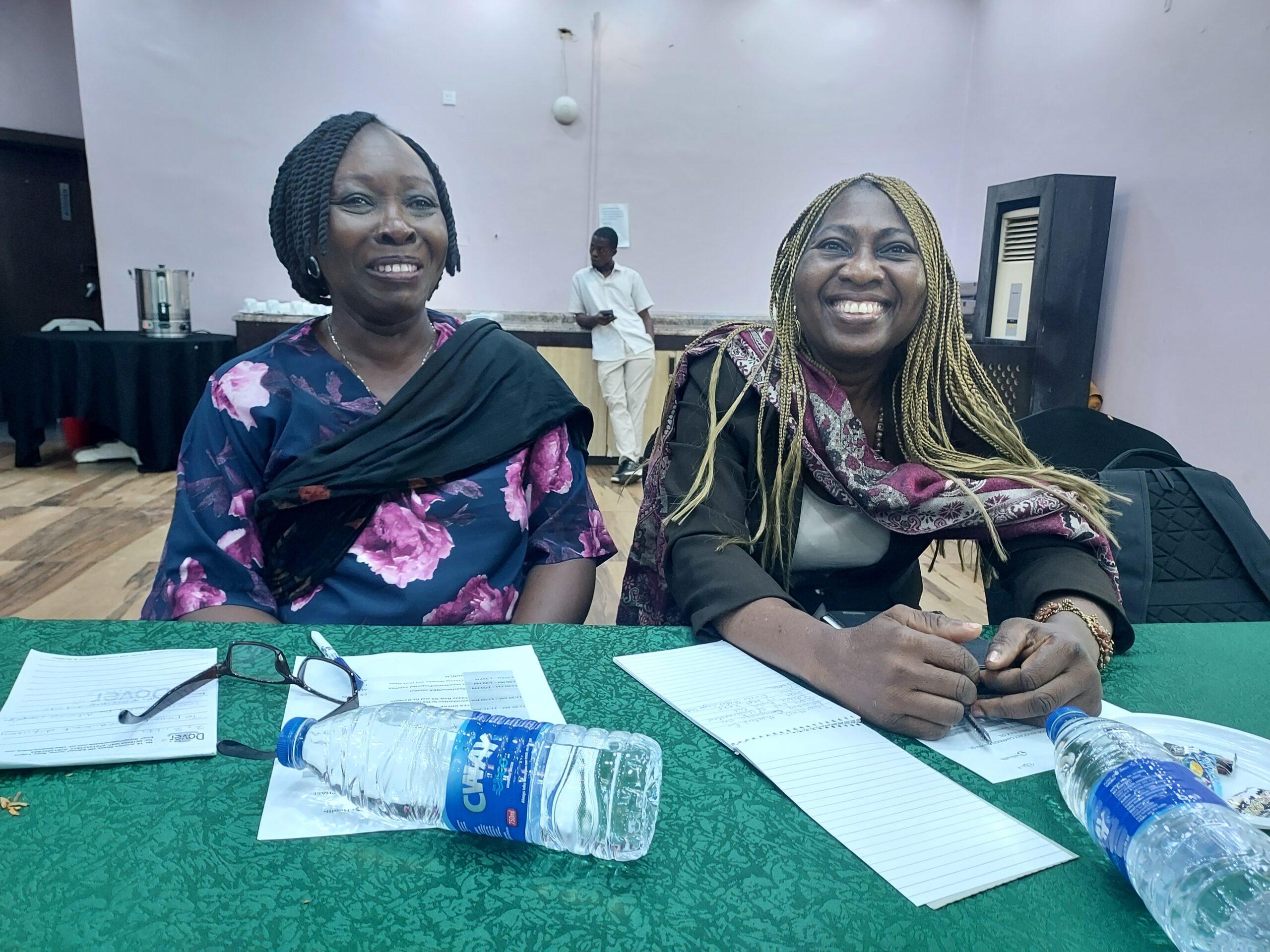
Similarly, Chief Joseph Omobolanle Ogunmola, Baale of Marine Beach in Apapa, is committed to holding local sensitisation sessions:
“When I get home, I will call my people together to tell them that branded oil is what they should be buying because of the quality and fortification. May we not die untimely.”
Consumer rights advocates also weighed in. Oghenerukevwe Winifred, Communications Officer at the Consumer Advocacy and Empowerment Foundation (CADEF), warned that consumers must stay vigilant:
“Most times, when you go to the market, you see unbranded oils congealed. If a cooking ingredient changes with the weather, something is wrong. This is a call for everyone to shine their eyes and be very aware of what they buy.”
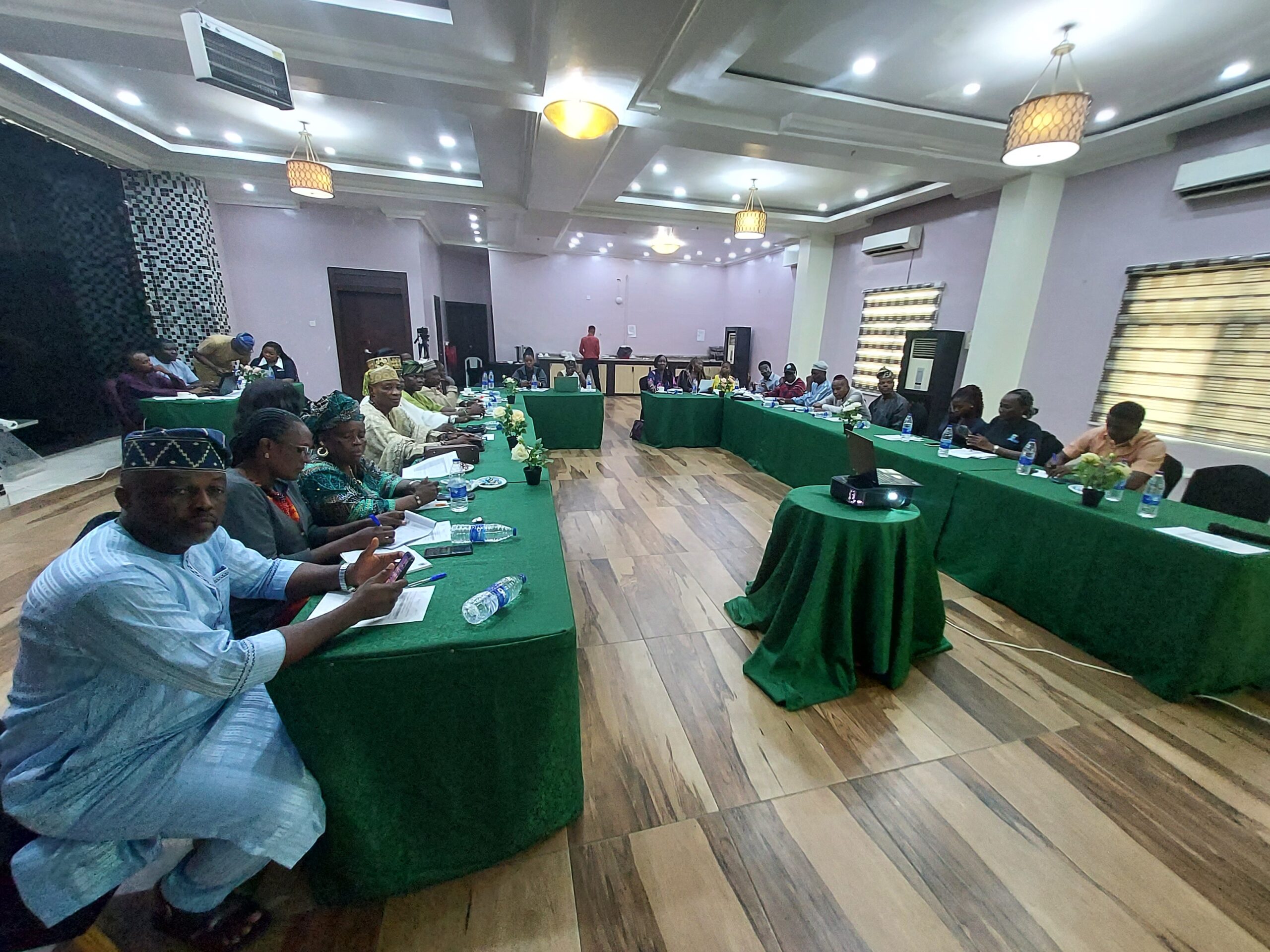
For others, like Femi Emiko of the World Health Committee in Shomolu-Bariga, the issue goes beyond awareness to food safety practices:
“Those who fry foods for sale often adulterate oils, topping up used oils with new ones. It poses serious hazards for unsuspecting consumers. After this programme, I will put in more effort to sensitise people, even the customers, so they understand the risks.”
The day closed with a strong message of partnership. Leaders resolved to cascade the knowledge through churches, mosques, political meetings, youth associations, and women’s groups. They stressed that while enforcement and regulation matter, true change begins at the community level.
“Charity begins at home,” said Rabiu Adeniran Kazeem, CDC chairman in Egbe/Idimu LCDA. “We need to enlighten our wives and families first, then cascade the information to our local and state-level meetings. If we start this way, the message will go far.”
For CS-SUNN, the workshop is just the beginning. The organisation believes that community-driven advocacy, backed by strong government enforcement, will accelerate Nigeria’s phase-out of unbranded oils. As one participant put it simply: “Health is wealth, and knowledge is power.”
